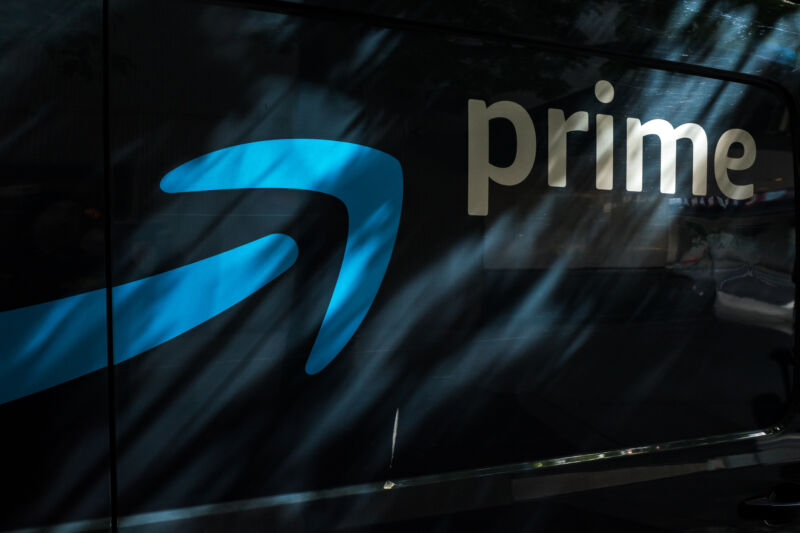Amazon execs may be personally liable for tricking users into Prime sign-ups

Enlarge (credit: 400tmax | iStock Unreleased)
Yesterday, Amazon failed to convince a US district court to dismiss the Federal Trade Commission's lawsuit targeting the tech giant's alleged history of tricking people into signing up for Prime.
The FTC has alleged that Amazon "tricked, coerced, and manipulated consumers into subscribing to Amazon Prime," a court order said, failing to get informed consent by designing a murky sign-up process. And to keep subscriptions high, Amazon also "did not provide simple mechanisms for these subscribers to cancel their Prime memberships," the FTC alleged. Instead, Amazon forced "consumers intending to cancel to navigate a four-page, six-click, fifteen-option cancellation process."
In their motion to dismiss, Amazon outright disputed these characterizations of its business, insisting its enrollment process was clear, its cancellation process was simple, and none of its executives could be held responsible for failing to fix these processes when "accidental" sign-ups became widespread. Amazon defended its current practices, arguing that some of its Prime disclosures "align with practices that the FTC encourages in its guidance documents."




